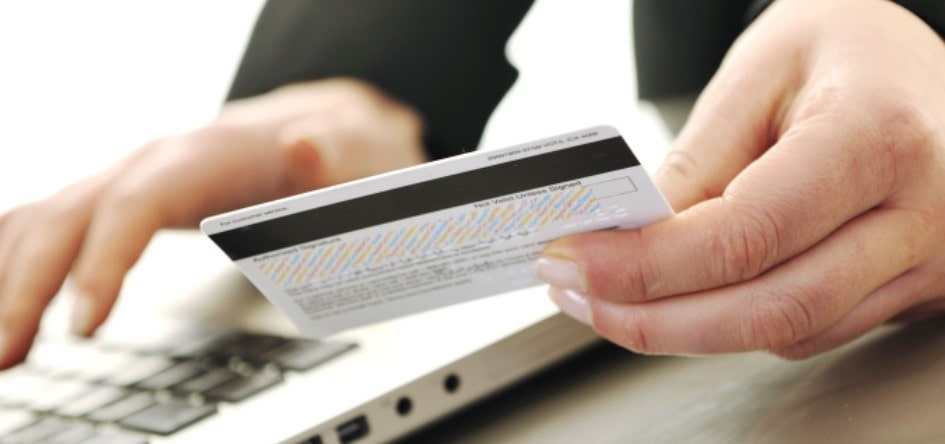A digital banking account is a type of bank account that allows you to conduct all your normal banking activities online. This includes checking accounts, savings accounts, credit cards and more, without ever visiting a physical branch or ATM.
Unlike traditional banks, a digital bank has no brick-and-mortar location and may be operated by an independent company with a central ‘control tower’ team. The centralized team coordinates several mini-projects, including developing new features, hiring and attracting employees, and creating a brand image.
Digital banks often offer better rates and fewer fees than traditional institutions, because they don’t have the overhead costs of a brick-and-mortar operation. This saves customers money on interest rates and other service fees, as well as the cost of maintaining their accounts.
To open an account with a digital bank, you must first verify your identity by answering a few personal questions. Then, you’ll need to set up a username and password and choose security features and preferences. Once you’re ready to begin using your digital banking account, you’ll receive an activation code.
When you sign up for a digital banking account, be sure to choose a secure and memorable username and password that you can easily remember. You should also change these passwords frequently and avoid using the same password for multiple accounts. You can also protect your accounts by setting up an email and text message alert if you suspect your account has been compromised.
The digital banking process is faster than traditional banking, allowing customers to open their accounts in just minutes. This process is entirely paperless, with documents like your ID uploaded through your smartphone and verified quickly.
Once you’re a customer, you can make deposits and transfers with your mobile device. You can also manage your account from anywhere, with the use of a computer or tablet. You can also use your debit card or credit card for purchases online and at retail locations.
Some digital banks have enhanced their services by offering features like bill payments and automatic deposit reminders. These can help you stay on track and avoid overspending or dipping into your checking account too much.
Other benefits include a higher degree of security and access to your account at any time from anywhere. Many digital banking platforms are encrypted, ensuring that your information is safe.
Digital banking tools can also be helpful when you have frequent and regular payments, such as your mortgage or auto loan. These tools allow you to schedule and pay on a regular basis so that you never pay late again.
You can also set up automatic deposits, which automatically send funds to your bank account, avoiding costly overdraft charges and other penalties. Most digital banking solutions offer online and mobile apps, which let you check balances, transfer money and view your account history at a glance.
Some digital banking platforms also offer mobile check deposit, which lets you scan and deposit checks from your phone or tablet. This option is especially convenient for people who travel a lot or have an unreliable computer or cell phone.
